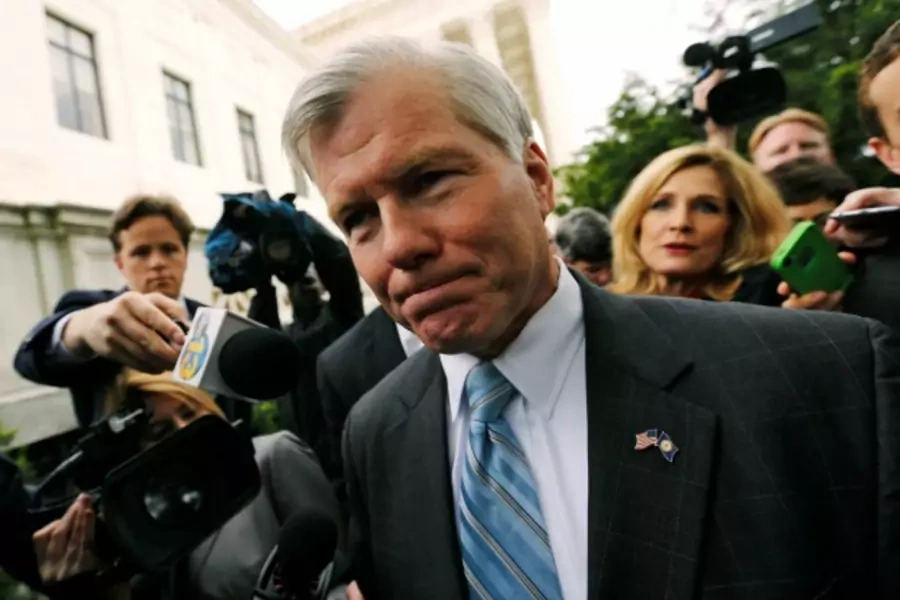This Week in Markets and Democracy: U.S. Corruption Ruling, China’s Antigraft Drive, Panama Canal Expands

More on:
Supreme Court Rules on Corruption
The U.S. Supreme Court overturned former Virginia Governor Bob McDonnell’s bribery conviction for accepting over $175,000 worth of gifts and loans—including a Rolex watch, designer clothes, and luxury getaways—allegedly in return for favorable business treatment. The court said this did not count as an “official act” of bribery under U.S. law, raising the bar for federal prosecutions of public sector corruption. States can help fill the gap, as Virginia did in the wake of the scandal, setting a straightforward $100 annual cap on gifts from lobbyists and other individuals or businesses angling for government deals or support. Other states ban or set strict gift limits. In Florida, lobbyists (or those who hire them) cannot give more than a flower arrangement; in California, officials cannot accept anything valued over $250. Several states prohibit gifts with “intent to influence”—a hard case to prove. Check out your jurisdiction here.
China’s Anticorruption Drive Goes Global?
China says it needs help to take on corruption. Its antigraft unit asked Western countries to assist its “Operation Fox Hunt” efforts to repatriate corrupt officials that fled abroad. The nation seems less interested in abiding by widely-agreed upon international norms or helping set new ones. As G20 president, China scuttled the “Business 20” Anticorruption Task Force, established in 2010 to develop rules on transparency and shell company ownership. Working group members said China’s move sets back efforts to expose shell companies that conceal ill-gotten assets. And China has yet to follow through on a promise to join the Organisation for Economic Co-operation and Development (OECD) Working Group on Bribery, a necessary step toward signing onto the legally-binding OECD convention that would force China to hold its companies accountable for paying bribes abroad.
Panama Canal Opens Amid Uncertainty
The Panama Canal finally opened its nine-year, $5.4 billion expansion. The new canal permits ships carrying up to 13,000 containers—more than double its former capacity—to pass between the Atlantic and Pacific. It comes online amid slowing global trade and shipping industry woes. Only some East Coast ports are ready—others remain cut off due to too-low bridges for the new mega-freighters, too-small terminals, and a lack of modern railways and roads to get the goods to consumer markets. As former Port of Los Angeles director Geraldine Knatz explains in an interview with CSMD, to boost U.S. port competitiveness, the government needs to re-examine how it invests in them.
More on:
 Online Store
Online Store